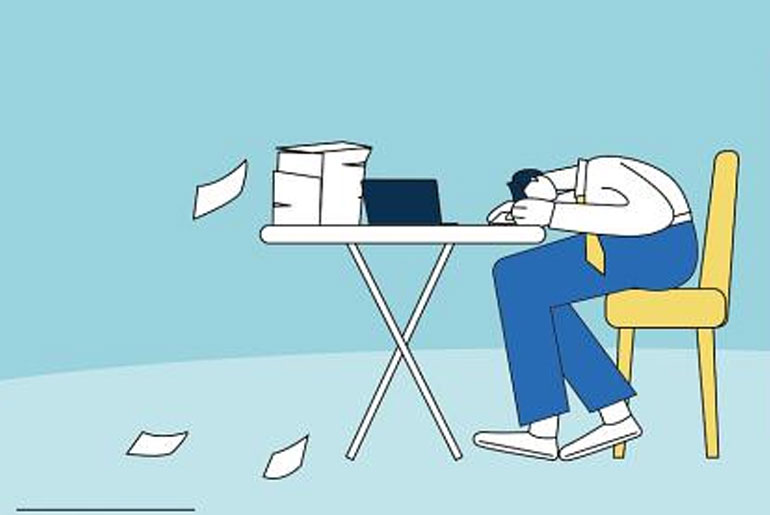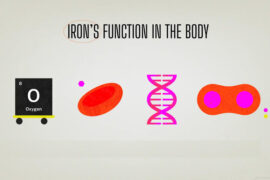Burnout, characterized by emotional, mental, and physical exhaustion, can significantly impact physical health. The continuous overwhelm from difficult emotions, work pressure, and stress takes a toll on the body. This state of breakdown, where individuals feel at the edge and lose control, can lead to various physical health issues. Gastrointestinal problems, weakened immune systems, cardiovascular issues, disrupted sleep patterns, and chronic fatigue are common consequences of burnout. The toll on physical health is not just an emotional struggle but a comprehensive challenge that necessitates proactive measures for stress management, seeking support, and maintaining a balanced lifestyle to mitigate the adverse effects on overall well-being.
Burnout, characterized by emotional, mental, and physical exhaustion, can significantly impact physical health. Here are five ways in which burnout can affect the body:
- Gastrointestinal Issues: Chronic stress and burnout can lead to gastrointestinal problems such as indigestion, acid reflux, and irritable bowel syndrome (IBS). The digestive system is sensitive to stress, and prolonged periods of burnout can exacerbate these issues.
- Weakened Immune System: Burnout weakens the immune system, making individuals more susceptible to illnesses and infections. The body’s ability to fight off viruses and bacteria is compromised, leading to frequent illnesses and a longer recovery period.
- Cardiovascular Problems: Prolonged stress associated with burnout can contribute to cardiovascular issues. High levels of stress hormones may lead to increased blood pressure, putting individuals at a higher risk of heart disease and other cardiovascular disorders.
- Sleep Disturbances: Burnout often disrupts sleep patterns, leading to insomnia or poor-quality sleep. The body’s ability to recover and regenerate during sleep is compromised, impacting overall physical health.
- Chronic Fatigue: Physical exhaustion is a hallmark of burnout. The constant feeling of fatigue and lack of energy can lead to a cycle of decreased physical activity, further exacerbating health issues and contributing to a sedentary lifestyle.
It’s crucial to recognize the signs of burnout early on and take proactive steps to address and manage stress, such as seeking support, incorporating relaxation techniques, and maintaining a healthy work-life balance. Addressing burnout not only improves emotional and mental well-being but also plays a crucial role in maintaining overall physical health.
Disclaimer:
The information contained in this article is for educational and informational purposes only and is not intended as a health advice. We would ask you to consult a qualified professional or medical expert to gain additional knowledge before you choose to consume any product or perform any exercise.







